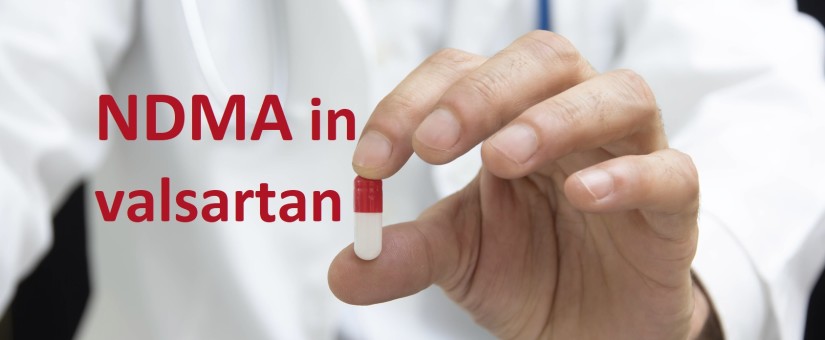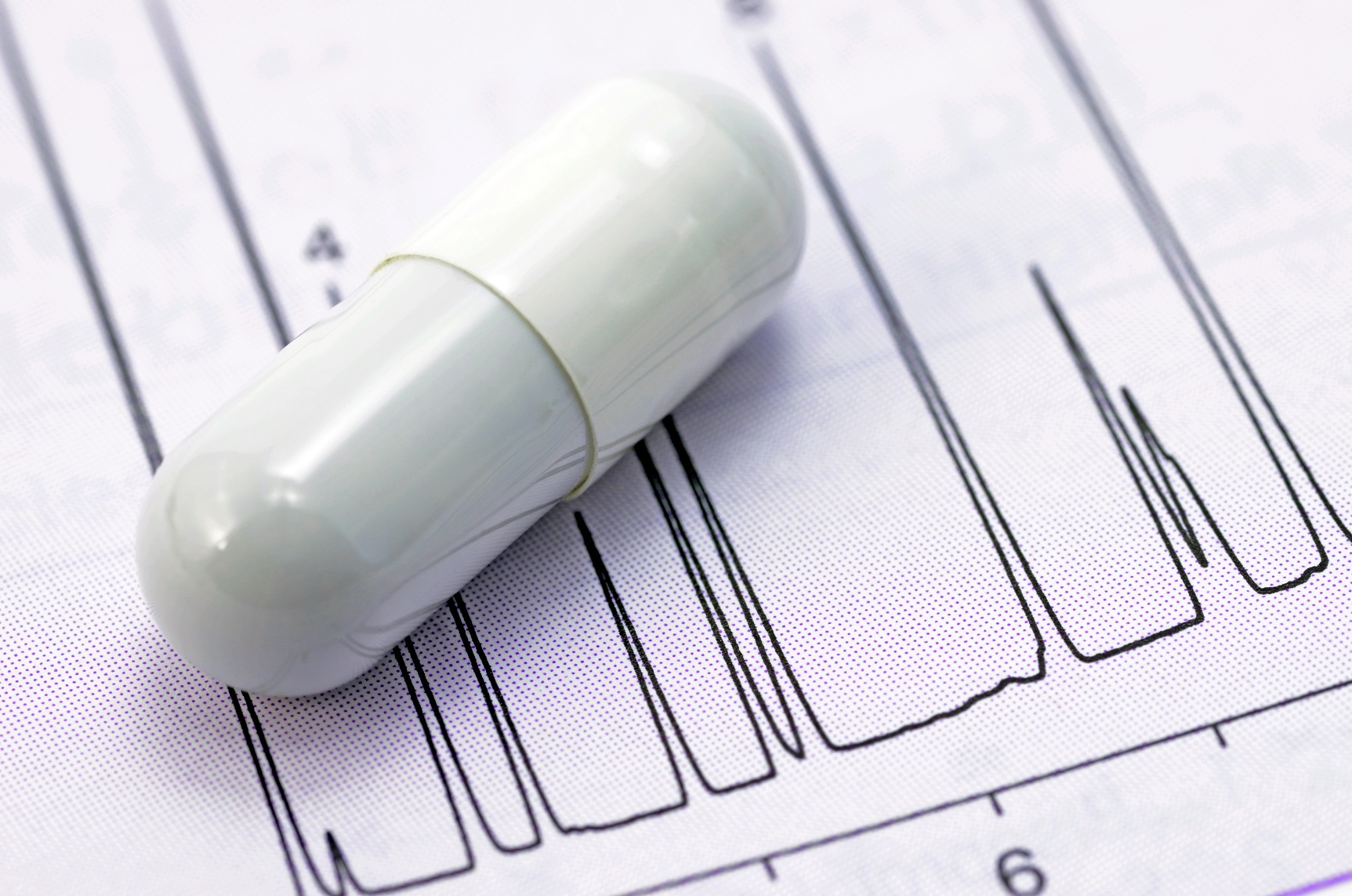
Review of common medicines used to treat hypertension – valsartan – due to detection of impurity, N-nitrosodimethylamine (NDMA), a probable human carcinogen! (Part I)
- 16 августа 2018
- active substance, animal test, API, cancer, carcinogen, CEP, change, EDQM, EMA, FDA, final product, formation, health effect, Hetero Labs Limited, human, hypertension, impurity, manufacturer, manufacturing, medicinal product, medicines, N-nitrosodimethylamine, NDMA, OMCL, patient, process, recall, review, risk, safety profile, side product, suspension, valsartan, Zhejiang Huahai Pharmaceuticals, Zhejiang Tianyu,
The European Medicines Agency (EMA) is reviewing medicines containing the active substance valsartan. Valsartan medicines are used to treat patients with high blood pressure in order to reduce complications such as heart attack and stroke. It is also used in patients who have had heart failure or a recent heart attack.

The review was triggered after the company, Zhejiang Huahai Pharmaceuticals, detected an impurity, N-nitrosodimethylamine (NDMA), in the valsartan active substance which the company supplies to manufacturers producing some of the valsartan medicines available in the EU. The presence of NDMA was unexpected (not detected by routine tests carried out) and is thought to be related to changes, introduced in 2012, in the way the active substance was manufactured (a formation of NDMA as a side product).
As a precaution, EMA’s review will also consider whether other valsartan medicines may be affected.
It should be noted here, that The European Directorate for the Quality of Medicines & HealthCare (EDQM) is also aware of a quality defect related to the NDMA impurity in the active substance valsartan, manufactured by Zhejiang Huahai Pharmaceuticals, which supplies manufacturers of medicinal products worldwide. The EDQM is actively working with the EMA and national competent authorities to better understand the potential impact of this impurity and the extent of the issue.
With regards to this investigation, the EDQM has taken a number of actions:
- The immediate suspension of the Certificate of suitability held by Zhejiang Huahai Pharmaceuticals. The manufacturer and Competent Authorities in Europe and international partners have been informed of this suspension (to check current status of CEP, please click here);
- Request to the concerned manufacturer to eliminate or reduce the impurity to an acceptable level in future batches;
- Thorough review of manufacturing data submitted by other manufacturers of valsartan and other structurally related active substances in order to determine whether or not they have a comparable route of synthesis and whether their active substance is NDMA-free;
- Coordination of the activities of a group of Official Medicines Control Laboratories (OMCL) from member states to test NDMA in samples of active substances and medicinal products which are on the market in Europe.
EMA is conducting a review of the possible health effects in patients who may have taken valsartan medicines containing N - nitrosodimethylamine (NDMA).
NDMA is classified as a probable human carcinogen (a substance that could cause cancer) based on animal tests. It is present in some foods and water supplies but is not expected to cause harm when ingested in very low levels.
Following a preliminary evaluation, EMA estimates that there could be one extra case of cancer for every 5,000 patients taking the affected medicines at the highest valsartan dose (320 mg) every day for 7 years. This is based on average levels of this impurity detected in the active substance from Zhejiang Huahai Pharmaceuticals (60 parts per million).
This preliminary estimate is based on the assumption that the NDMA present in the active substance is carried over in the final product in the same amount.


Companies that had used the active substance from Zhejiang Huahai in their valsartan medicines are required to test samples they hold to determine the actual NDMA levels in the final products. Additional checks are being carried out by EU official control laboratories. Once data from all these tests are available, EMA will be able to provide more information on the risk that the impurity may have posed for patients in the EU.
All valsartan medicines containing the active substance from Zhejiang Huahai Pharmaceuticals have been recalled from pharmacies in the EU.
As part of the ongoing review of valsartan medicines, EMA has learnt that low levels of N-nitrosodimethylamine (NDMA) have been detected in the valsartan active substance manufactured by a second company, Zhejiang Tianyu. The NDMA levels detected in batches of valsartan from Zhejiang Tianyu are much lower than levels seen in the active substance from Zhejiang Huahai.

It is important to note that there is no immediate risk to patients. Patients taking the affected medicines who have not yet switched to an alternative should not stop taking their medicines without consulting their doctor or pharmacist.
On 9 August 2018, Food and Drug Administration (FDA) has updated the list of valsartan products under recall to incorporate recalls of valsartan-containing products manufactured by Hetero Labs Limited, in India, labelled as Camber Pharmaceuticals Inc. however not all Camber valsartan products distributed in the U.S. are being recalled.
Certain valsartan tablets contain the impurity N-nitrosodimethylamine (NDMA) in the active pharmaceutical ingredient (API). Hetero Labs manufactures the API for the Camber products using a process similar to Zhejiang Huahai Pharmaceuticals. Test results from Hetero Labs show the amount of NDMA found in its valsartan API exceeds acceptable levels; although it is generally lower than the amount discovered in the API manufactured by Zhejiang.
FDA is working with drug manufacturers to ensure future valsartan active pharmaceutical ingredients (APIs) are not at risk of NDMA formation. The agency reminds manufacturers to thoroughly evaluate their API manufacturing processes, and changes to those processes, to detect any unsafe impurities. If a manufacturer detects new or higher levels of impurity, they should take action to prevent changes to the product’s safety profile.
Source: EMA, EDQM, FDA websites




